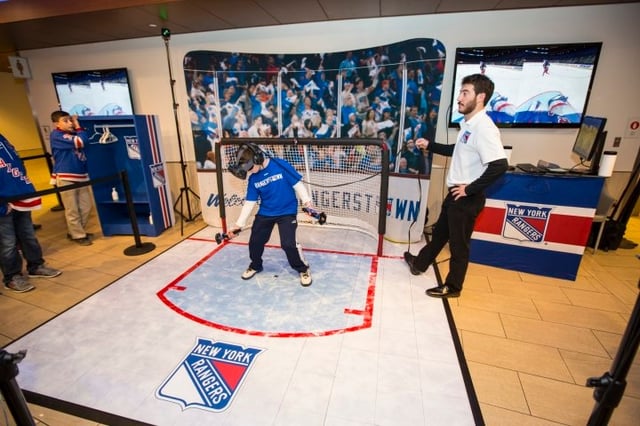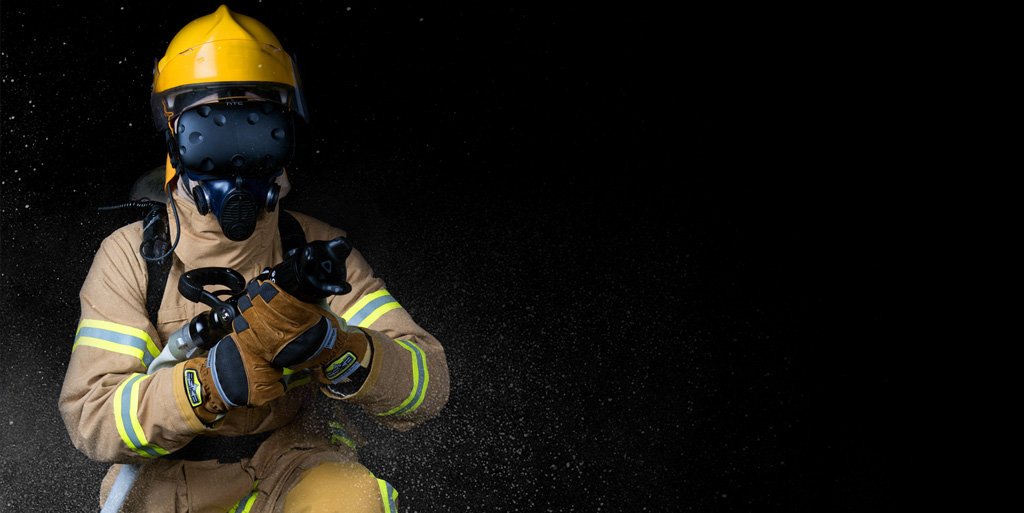Virtual reality (VR) has been a niche technology for the better part of 30 years. Recently there has been a change in this trend. Many companies have started to invest heavily in VR during the last 2–3 years. While there are still arguments about what the long-term commercial value of VR is, recently it seems product- or vocational training have sailed up as a contender for that throne. Here are four reasons why you should use VR for skill development and training in your organisation.
1. VR for skill development is more effective than other methods
Compared to most other alternatives, VR can be customised to individual needs and a progressive training program can be instituted for each individual in the organisation. It is also possible to practise situations that can either be potentially dangerous or not occur very often, and therefore are expensive to replicate in training and/or have substantial risk associated with them. For example, firefighters can now practise dangerous firefighting moments in VR.

Image courtesy of flaimtrainer.com
2. Flexible feedback and coaching
Using VR, it is possible for an instructor to monitor multiple participants easily and give feedback or coaching as needed while recording each individual participant's progression. Recording individual and group actions make it very easy to analyse the effect of the training. That is why many sports teams are starting to use VR as an integral part of their training.

Image courtesy of MSG photos
3. VR is cost effective
VR can be used to divide long and complicated processes into several sub-processes. A participant can then practise each section as many times as he or she needs before moving on to the next one. It is also possible to have the teacher show each movement before moving on. This is in no way different from traditional training, but with VR there is no limit to how many times something can be practised. This way, companies can be sure that their employees are ready to handle complex and potentially dangerous processes before letting them do so in real life.
Video courtesy of Sencom.com.au
Modern teaching and training are about creating an environment where the participant feels inspired. VR can gamify training experiences and make them inspiring and entertaining. Kentucky Fried Chicken has shown this in their latest VR employee training experience. This combines classroom experience with Virtual Reality and yes, it is possible to fry chicken using VR.
Kentucky Fried Chicken VR training—Video courtesy of mashable.com
Do you want to know more about how to use Virtual Reality to increase the efficiency of your training program or are you looking for better ways to fry chicken? Get in touch with Zooma.

.jpg?width=64&height=64&name=Nils-Munk-Wirell-Zooma-16%20(1).jpg)





